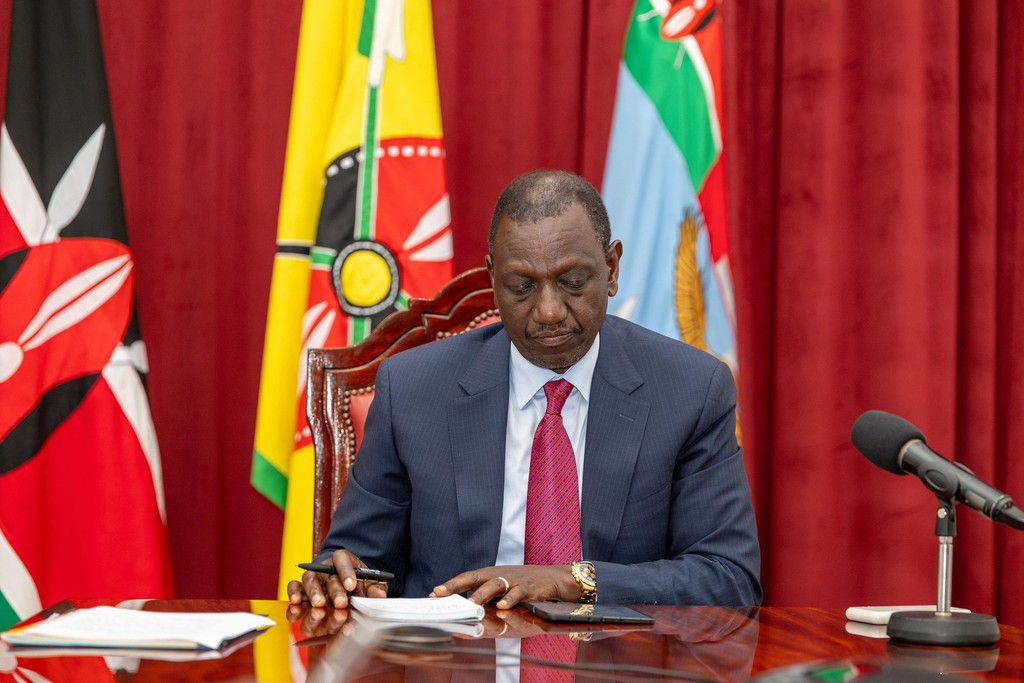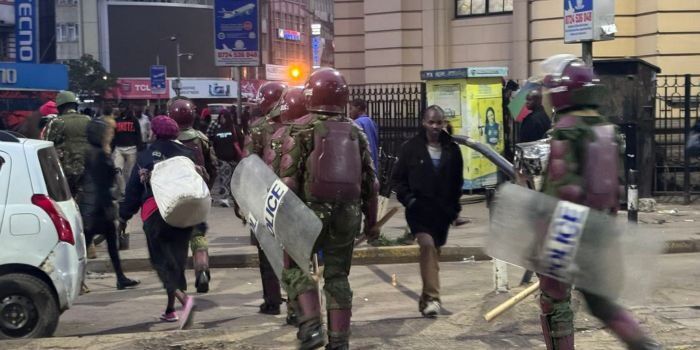Ruto flies out in first international trip after close to 2 months of protests
)
President William Ruto is set to fly out of the country in his first trip in close to two months.
President Ruto's trip to Kigali, Rwanda will see him attend the inauguration ceremony of President Paul Kagame who won won elections for his fourth term in office on July 15 2024.
"President William Ruto travels to Kigali, Rwanda, today at the invitation of H.E. Paul Kagame to attend the inauguration ceremony of President Kagame for his fourth term, following the successful July 15th election," State House Spokesperson Hussein Mohamed stated in an update.

For close to two months now, the Head of State has remained within the borders of Kenya, with the frequent trips that were the norm prior to Gen Z protests becoming a thing of the past.
Kenyans question Ruto's frequent travels
Prior to the protests that were largely led by Gen Z, Ruto’s frequent international trips attracted the attention of Kenyans who began to question the benefits of the trips to the country.
His last international trip was on 13 June when he flew to Italy to attend the 50th G7 Summit in Apulia and then headed straight to Switzerland for the first summit on peace in Ukraine before jetting back.
In his defense, Ruto clarified that all his trips have seen the country benefit immensely, including enhancing Kenya’s profile among nations.
He also dismissed the tag of being labelled a tourist even as questions arose on how much is spent on each international trip for the President and his delegation.
Gen Z protests and Ruto spending close to 2 months without international travel
Upon returning to Kenya, Ruto found his hands full dealing with protests as the citizenry took to the streets to demand better governance, accountability, and end to corruption and wastage of public resources.

What began as protests against Finance Bill 2024 quickly evolved to protests in which Kenyans demanded action on a number of issues with the arrogance of elected leaders and the flashy lifestyle of his cabinet also coming under scrutiny.
Tuesdays and Thursdays became regular protest days across the country, with President William Ruto taking several steps to contain the situation as the protesters added his immediate resignation among their demands.

)
)
)
)
)
)